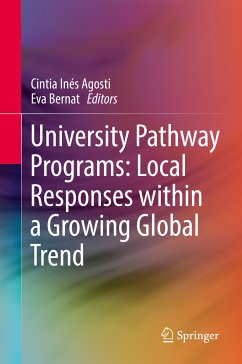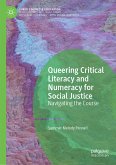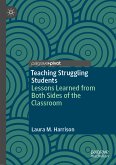The volume showcases thirteen university pathway programs offered in Australia, Canada, New Zealand, South Africa, Qatar, and the United Kingdom. These examples provide valuable insights that will help guide future practice in the field as the programs described effectively foster and support the development of students' academic literacies, study skills and awareness of the socio-cultural norms that are necessary to participate successfully in higher education settings. In reporting the strategies to overcome challenges in the areas of curriculum development and implementation, of equity, inclusion and participation, of cross-sector collaboration and of student welfare, the volume promotes reflection on these issues and, therefore, better equips those education practitioners embarking on the university pathway program journey.
Dieser Download kann aus rechtlichen Gründen nur mit Rechnungsadresse in A, B, BG, CY, CZ, D, DK, EW, E, FIN, F, GR, HR, H, IRL, I, LT, L, LR, M, NL, PL, P, R, S, SLO, SK ausgeliefert werden.
Hinweis: Dieser Artikel kann nur an eine deutsche Lieferadresse ausgeliefert werden.









